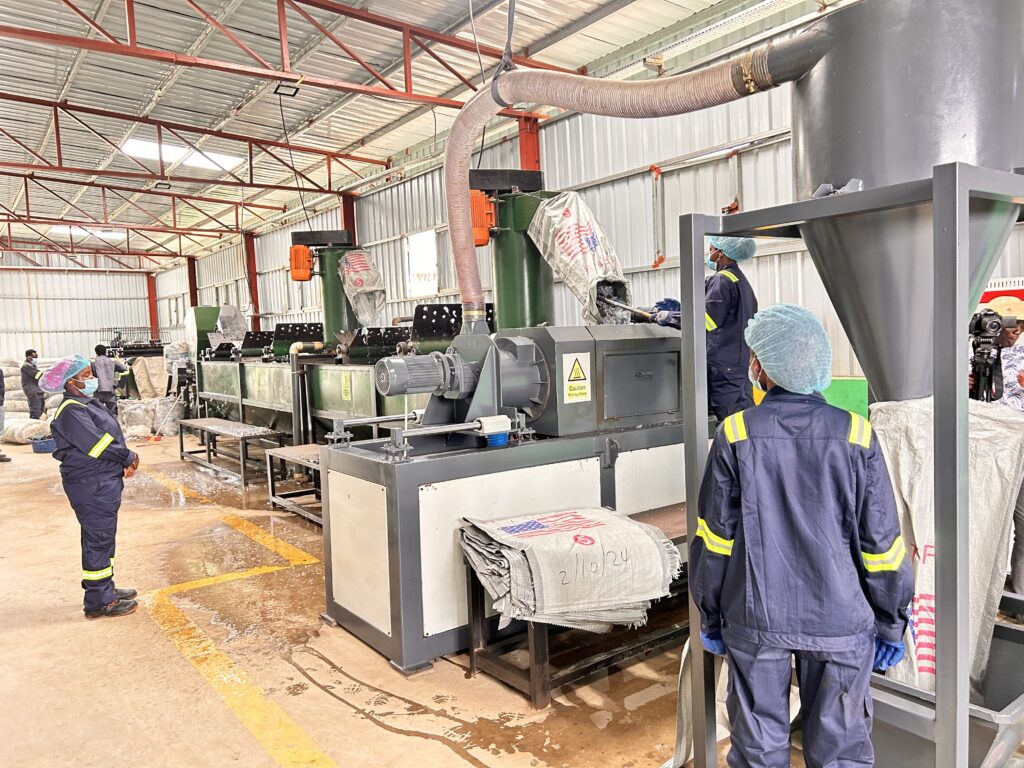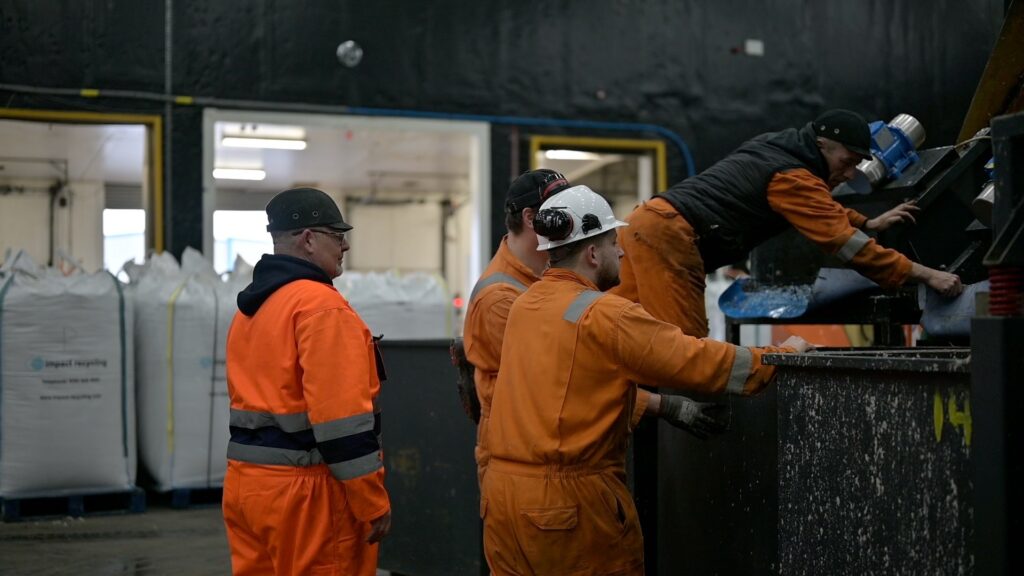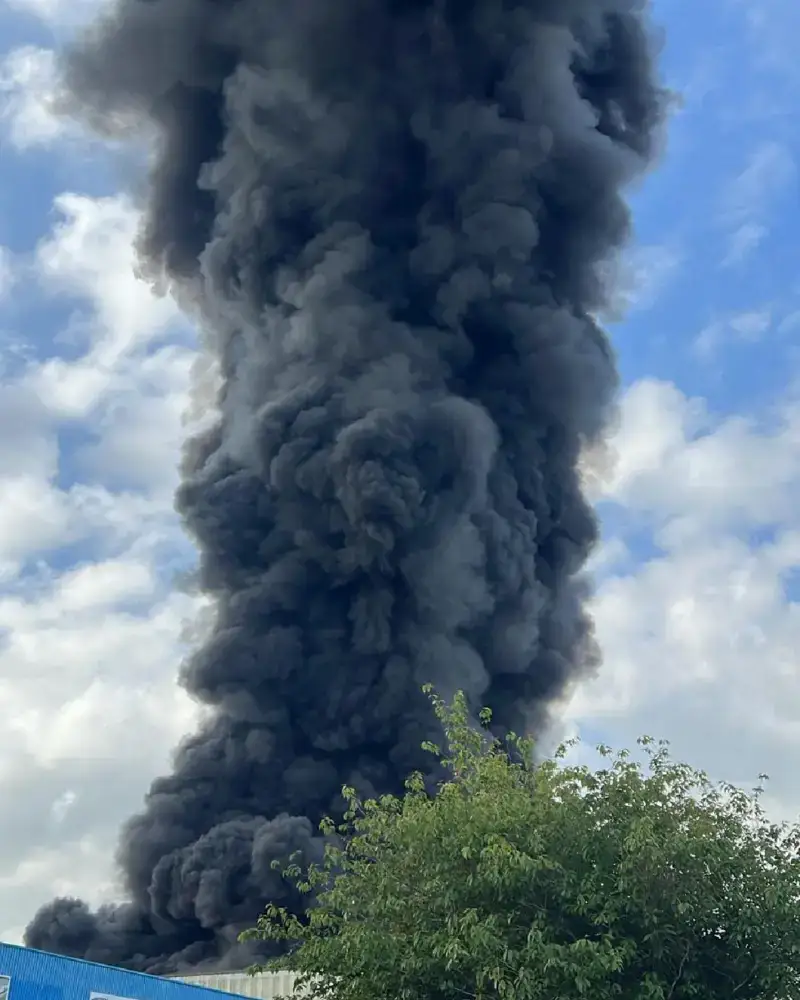The approach focuses on practical recycling models that can be deployed in both low-income economies as well as developed nations with more mature recycling systems.
The playbook is titled: Capturing Value Through Basic Mechanical Recycling of Mixed Plastic Waste. It aims to highlight how basic mechanical recycling can capture value from mixed plastic waste with simple technologies that convert waste into products such as furniture, basic construction materials and other eco-aggregate materials.
The report also includes more on the following:
- Low capital investment: Basic mechanical recycling technologies require minimal initial investment, making them viable for low-income regions and small businesses.
- Sustainable product development: The recycling process converts plastic waste into products with market value, such as furniture and construction materials, helping close the circularity loop.
- Job creation and economic growth: By establishing local recycling operations, these solutions create jobs and stimulate local economies, particularly in areas with limited available resources.
- Environmental impact: The playbook outlines how these simple solutions can help divert plastic waste from landfills and oceans, supporting global efforts to reduce plastic pollution and encourage plastic circularity.
‘Scale and replicate’
Countries at an early stage of waste management maturity (categories I, II, III under the Plastic Waste Management Framework) are a focus for this playbook. Classifying characteristics for these countries include having limited or no waste management regulation and infrastructure, a dependency on an informal sector of waste pickers, as well as recycling systems driven by smaller entrepreneurs finding niche market opportunities.
However, the solutions identified are also said to be applicable for residual plastic waste streams generated by countries with more advanced waste management and recycling systems. This Solution Model is informed by Alliance-supported project implementations in regions such as Costa Rica, Ghana, South Africa, the USA and the Philippines.
Jacob Duer, president and CEO at the Alliance, said: “Tackling plastic pollution requires a multifaceted, multistakeholder approach. Solution Model playbooks are aimed at improving the understanding of the many stakeholders across the plastic value chain about what is possible and what else is needed to drive systems change to end plastic waste in the environment and develop a circular economy for plastics.
“Our hope is that the playbooks will encourage other organisations to scale and replicate these solutions, as we seek a wide range of partners to accelerate the achievement of a circular economy that transforms plastic into a sustainable material.”
Arun Rajamani, managing director and partner, Boston Consulting Group, said: “We hope these playbooks, enriched with practical insights, lessons learned and real-world examples, will empower stakeholders to strengthen recycling systems and accelerate progress toward a circular economy.”








Subscribe for free